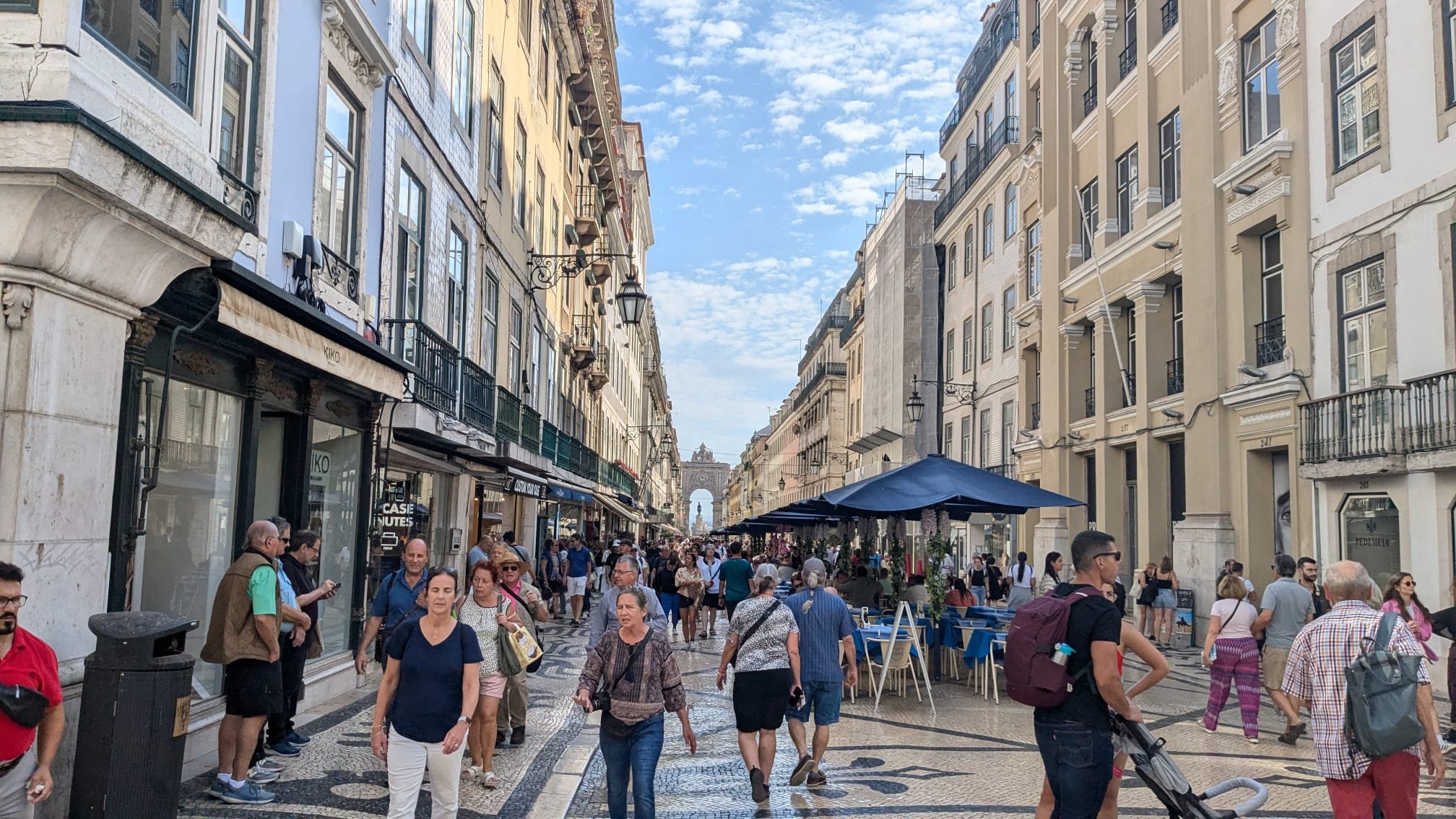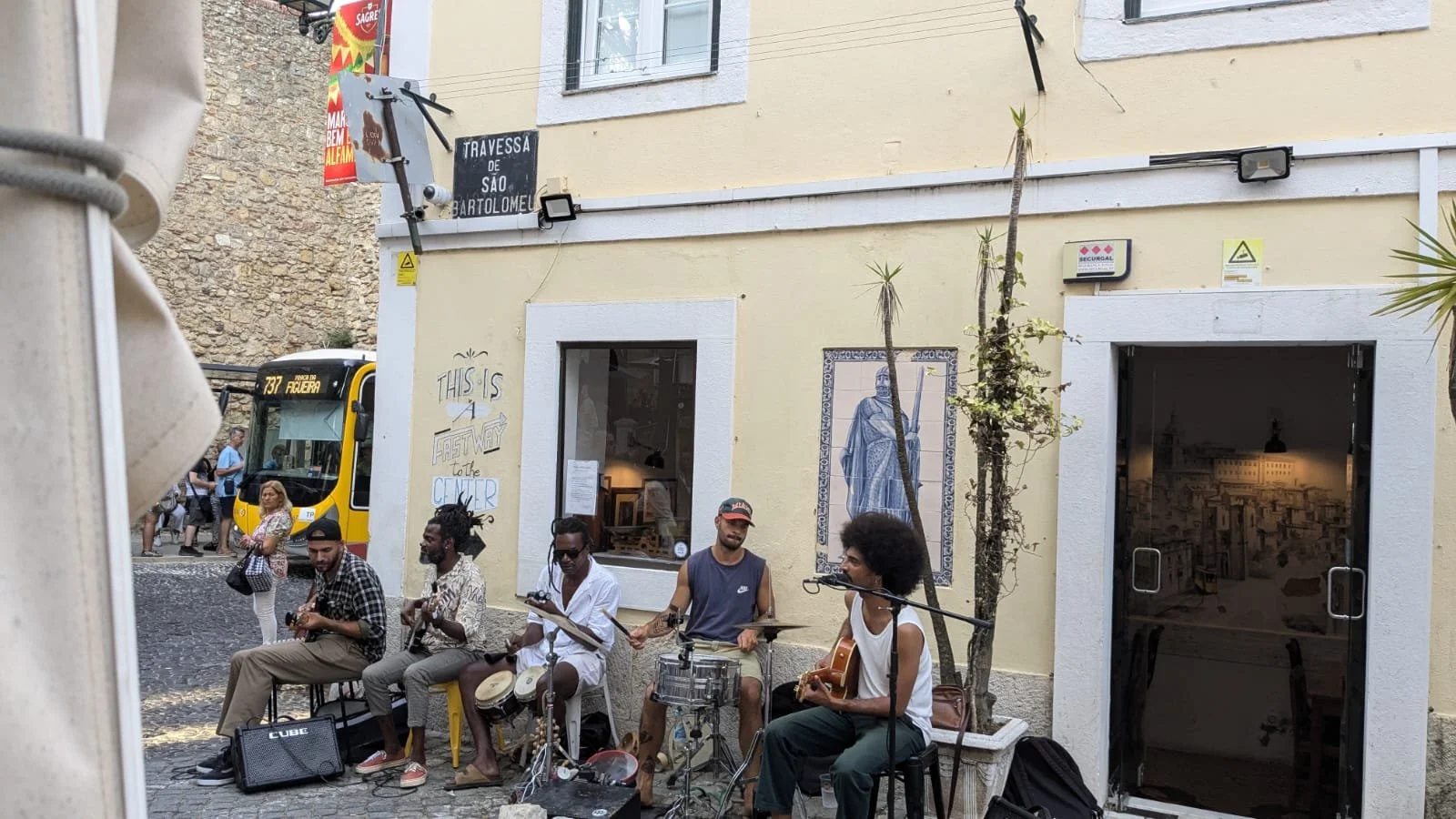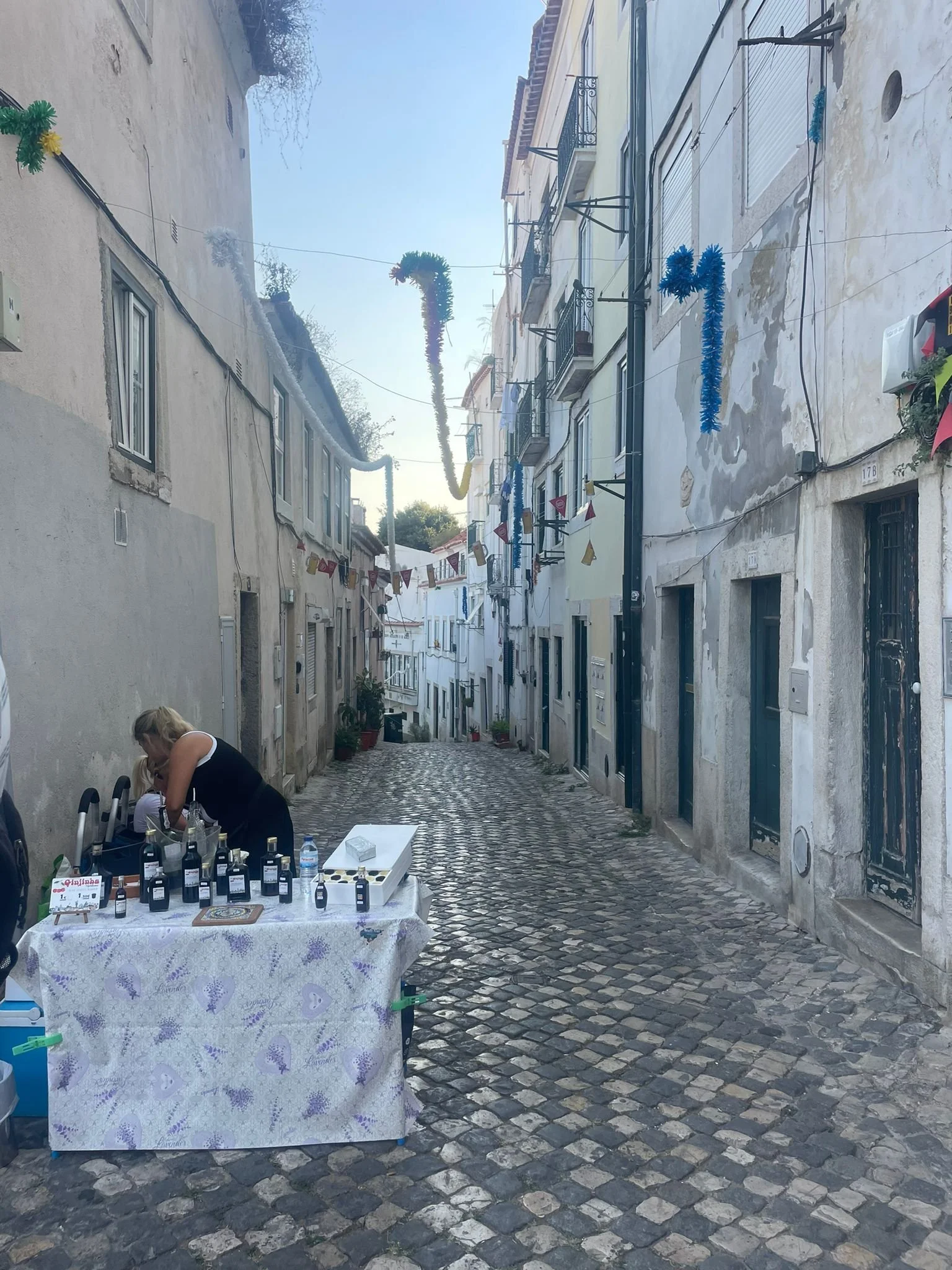The Racism of Language: Accentism in Portugal
Photo Credit: Barney Blackburn
Until this summer, I never had reason to consider the seismic divide between an ‘original’ language and the version of that language when spoken in a variety of diverse countries for historical and socio-cultural reasons. Of course, growing up in London, I witnessed English spoken by South Africans, Australians, New Zealanders and people from Ireland, but it was not until my stay in Portugal this Summer that the full resonance of linguistic and cultural conflict hit home.
For me, my Brazilian Portuguese has and continues to be a labour of love. It isn’t ‘like Spanish’, as is so often misconstrued by non-speakers, nor is it like any other language that I have ever come across before. However, it is the gulf between the two dialects of Portuguese and their co-habitations which startled me into a more detailed understanding of the root causes. What role does history play? Who are the key players in this uneasy clash? And why is racism involved?
My interest in this societal and linguistic schism was rudely awakened in Lisbon. We have always been reassured as linguists that no matter your accent, you will be understood. However, this started to become disputable. It was a mixture of confused faces when we were trying our best to communicate, someone mimicking your Brazilian vowels, or being responded to in English that was the giveaway. All of which contributed to the Portuguese spoken ideal fizzling away into the ether.
Initially, I had the rudimentary assumption, which tends to be an automatic response when dealing with European nations, that historical colonial power relations underpin any kind of present discrimination. Accents could act as a proxy for race so it was then important to gauge the real statistics of Portugal’s colonial history, and the results are truly staggering.
Photo Credit: Soraya Shakibi
Portugal, on the whole, dominated the slave trade bringing nearly 6 million Africans to Brazil which is the highest quantity out of all other European countries involved in the slave trade. Joacine Katar Moreira, a Portuguese politician and activist who was born in Guinea-Bissau, posted on X (formerly Twitter) that ‘Every national reference in Portugal seems to be associated with the colonial past’ [“Qualquer feito nacional tem de estar associado ao passado colonial.”] This is an interesting observation as since the 1930s, a theory that the Portuguese colonists during the days of Empire were more friendly and humane in comparison to other nations began to develop. Decades later, this postulation came to be known as Lusotropicalism.
Photo Credit: Barney Blackburn
The topic of Gender also opens up another dimension in this debate. It has been uncovered that Portuguese spoken by Brazilian women, became an epicentre for increased discrimination. According to a study realised by the University of Reading exploring workplace accentism as a postcolonial phenomenon, Martyna Śliwa asserts that “there is overt workplace accentism aimed at Brazilian women in Portugal”, they “experience particularly aggressive forms of accent-activated stigmatisation, and specifically, sexualisation”. Concurrently, in an interview carried out by Global Voices Amanda Lima, a female Brazilian journalist working in Portugal, reported that she regularly receives abusive messages online, such as being told to go back to her country, or sexist slurs. She admits in the interview that “there was this stigma against Brazilian women, that they were gold diggers, that they only came to Portugal to find a husband, and we can tell it’s still there” [“havia muito esse estigma da mulher brasileira, que era uma mulher interesseira, que vinha só arrumar marido, e percebemos que isso ainda existe.”] Furthermore, Lima admits that European immigrants are treated better, “There are also European migrants here, but they are tolerated, they are not seen as different, as we from Latin America are” [“Também tem imigrantes da Europa, mas eles são tolerados, não são vistos como diferentes, como nós que somos da América Latina”.] To corroborate this, data revealed by the Portuguese Commission for Equality and Against Racial Discrimination (CICDR) shows that of the more than 400 complaints received in 2021, 26.7% refer to alleged discrimination against Brazilians. It is hard to dismantle the cultural bias and perceptions which consciously or subconsciously we pick up from someone’s accent. Nonetheless, it is certainly a fair observation to cite misogyny in the treatment of Brazilian women, not least when compared to the reverse treatment of Argentine men in Spain, where their accent is practically a calling card for sexual prowess.
It is clear that the causes of this accentism are very much correlated with the historical context of Portugal and the ensuing years of colonisation and slave trade that it perpetrated. An interesting facet that I came across in my research is that accents take on the position of surrogacy in relation to race. No longer is skin colour the sole defining feature of race, but the way that you speak is also susceptible to discrimination and prejudices. As a linguist, it seems to be a poignant corollary that accents take on such a palpable narrow-mindedness. Luckily, I know that my cohort and I are not the type to be dissuaded by such childishness.
Photo Credit: Sophie Rennie



